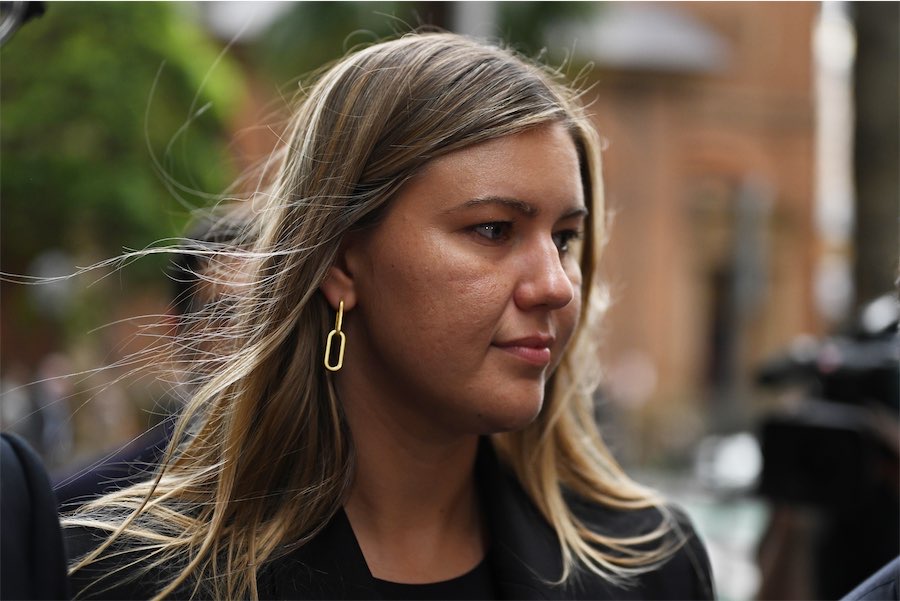
A POPULATION health scientist from the Australian National University (ANU) warns that the current drought affecting parts of Australia could lead to a spike in gastro cases around the country, based on the results of a new study.
The study found that reported cases of the gastro bug (cryptosporidiosis) rose significantly in parts of Queensland and Canberra along the Murray Darling Basin during the “Big Drought” that ended in 2009.
Lead researcher Dr Aparna Lal says the study estimates that the risk of cryptosporidiosis dropped by 84 per cent in the ACT and by 57 per cent in Queensland once the Big Drought ended.
She says 385 cases of the gastro bug were reported in the ACT and 527 in Queensland, out of 2048 cases in the Murray Darling Drainage Basin, from 2001 until 2012.
“Cryptosporidiosis is one of the most common water-related parasitic diseases in the world, and Australia reports the second highest rate of the illness in humans among many developed countries,” Dr Lal says.
“Gastro is a really preventable problem, so we shouldn’t be having these very high rates of cryptosporidiosis in Australia.”
Children under five years old are particularly at risk from cryptosporidiosis and it can cause developmental problems such as stunted growth.
Dr Lal says droughts reduce river volume and flow, thereby potentially increasing the concentration of pathogens such as those that cause gastro.
“As these gastro bugs can also be spread from livestock, land-use change may also contribute to this pattern, due in part to access around waterways,” she says.
“This study highlights the very real risks that climate change, drought and environmental change, more broadly, pose to people’s health.
“Over the coming century, we can expect extended dry periods across the globe – we are already seeing another big drought underway in New South Wales. It’s a big problem and we need policymakers in climate change, water and health to work together to address it.”
The study is published in the “Journal of Water and Health”.
Who can be trusted?
In a world of spin and confusion, there’s never been a more important time to support independent journalism in Canberra.
If you trust our work online and want to enforce the power of independent voices, I invite you to make a small contribution.
Every dollar of support is invested back into our journalism to help keep citynews.com.au strong and free.
Thank you,
Ian Meikle, editor




Leave a Reply